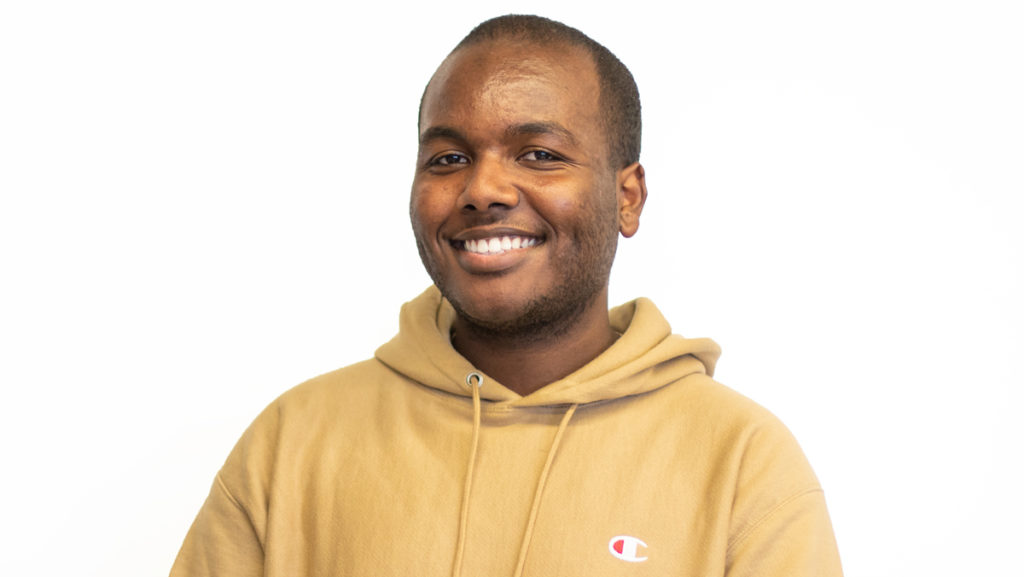“The Black woman is the most unprotected, unloved woman on earth. … She is the only flower on earth … that grows unwatered.” This quote by Kola Boof, a Sudanese American novelist, reigns true for black girls and women throughout every generation. For centuries, black girls and women have been criminalized, dehumanized, hypersexualized, degraded, objectified and stereotyped. From a young age, black girls are viewed as threats and often face criminalization in the very place where they should be getting an education: school.
Last month, an Orlando school resource officer arrested a 6-year-old black girl after she threw a tantrum and kicked a school employee. The resource officer, Dennis Turner, put the child in handcuffs and took her to the juvenile facility where her mugshot was taken. She was then charged with misdemeanor battery.
Since then, the charges against the child have been dropped, and Turner has been fired. Despite this, the trauma this young black girl faced could stay with her for the rest of her life.
The criminalization black girls face in school is just one of the ways in which they are disenfranchised. It not only impedes their learning but directly contributes to the school-to-prison pipeline, which ultimately perpetuates the cycle of oppression imposed upon black girls.
As children, black girls do not have the privilege of being carefree because their very bodies are sanctuaries for scrutiny. If they are too polite to those of the opposite sex, they are labeled as “fast.” If they do not fit the stereotype of what whiteness has deemed as acceptable, they are a “militant.” If they are even slightly upset, they are “the angry black woman.” If your humanity had been minimized to property, you’d likely be angry as well.
Black girls also face criminalization distinct from other minority groups. According to a National Black Women’s Justice Institute analysis of civil rights data collected by the U.S. Department of Education, black girls are the only group of girls that are overrepresented in the school disciplinary system. Black girls are also seven times more likely to be suspended and three times more likely to be referred to juvenile court than their white peers, according to Monique W. Morris in “Pushout: The Criminalization of Black Girls in Schools.”
Recently, researchers at Georgetown University conducted a study to see how black girls are perceived by adults. They found that, beginning as young as 5 years old, black girls are more likely to be viewed as behaving and seeming older than their actual ages, seen as more knowledgeable on sexual topics and are more likely to take on adult roles than what is usually expected from girls in their age groups. As a result of this age compression, black girls are not allowed to fully experience childhood. Instead of school being a place of learning for black girls, it has become the foreground for penalization.
The criminalization of black girls in school is not an issue that will be solved easily. It starts with the implicit biases that many educators have toward black girls. Implicit bias trainings and restorative justice practices are viable options. These would take stakeholders’ willingness to invoke structural change.
The root of the issue is that educators do not have a clear understanding of black girls’ needs. We cannot let black girls remain the flower that is unwatered and let them wilt. Those in power should be supporting black girls so that they can flourish.




